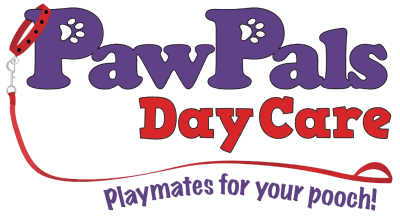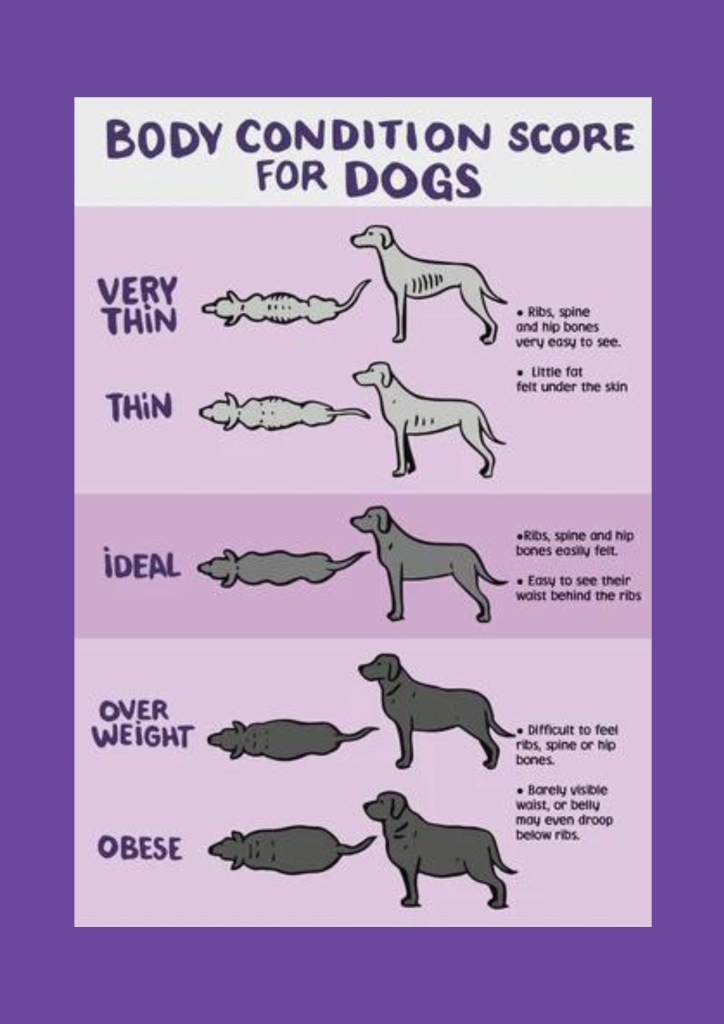Is your dog becoming a bit of a Pudgy Pooch? I’ve been in your shoes. My beloved Ruby was showered with treats for every reason—because it was bedtime, because she just woke up, and simply because she gave me that look with her irresistibly squishy face. I might have taken “puppy fat” too literally and was shocked when the vet said Ruby needed to lose 8 kgs! The guilt hit hard, but it was a wake-up call about the importance of education in managing our pets’ health. Ruby, a genius at sneaking food from the fridge, certainly didn’t make it any easier!
Understanding Canine Obesity: Causes, Consequences, and Solutions
Factors Leading to Canine Obesity:
Excessive Feeding: The love we show through treats can lead to unnecessary calorie intake.
Insufficient Physical Activity: Busy lifestyles often push our dogs’ exercise needs to the backseat.
Inadequate Nutritional Choices: Not all dog foods are created equal. Choosing a diet that meets your dog’s nutritional needs is crucial for their health.
Health Challenges Linked to Excess Weight in Dogs:
Joint Issues: The added burden of extra weight may increase strain on a dog’s joints, potentially resulting in arthritis or other mobility challenges that can diminish their overall well-being.
Cardiac Conditions: Being overweight can boost the chances of developing heart conditions and hypertension, reflecting health issues that commonly affect humans with similar weight problems.
Diabetes Susceptibility: Overweight dogs face a greater risk of developing diabetes due to the body’s decreased efficiency in regulating glucose.
Identifying and Managing Your Dog’s Weight
Prevention and Management:
Balanced Diet: Feeding dogs a nutritionally balanced diet tailored to their age, size, and activity level is crucial.
Portion Control: Measuring food portions and avoiding excessive treats are essential in preventing overfeeding and if you love to give your doggo extra treats, ensure to factor that in at dinner time and give them a little less than usual.
Regular Exercise: Engaging in regular physical activities helps maintain a healthy weight, keeps dogs mentally stimulated, and helps us. Even if we don’t feel like it, getting out in the fresh air with our dogs is good for our mind, body and soul, use it as a bonding time with your bestie.
Consulting with Your Vet:
Regular Check-ups: Routine vet visits can detect weight issues early and provide guidance on nutrition and exercise.
Individualised Plans: Vets can create personalised weight management plans for dogs based on their specific needs.
Nutritional Considerations for a Healthy Weight
Specialised Diets: Some dogs may benefit from diets formulated for weight loss, ensuring they shed pounds without losing vital nutrients.
High-Quality Ingredients: A diet rich in protein and fiber supports weight management and overall health.
Maintaining your dog’s physical well-being requires a balance of proper nutrition and regular activity. Doggy Daycare can be an excellent resource for busy pet owners, providing dogs with the opportunity to play and exercise, burning off those extra calories in a fun and safe environment.
Managing your dog’s weight is not just about fewer treats; it’s about a holistic approach to their lifestyle, from diet to daily exercise.
At PawPals DayCare, we understand the challenges of keeping your dog active and healthy. Our daycare services offer an energetic, engaging environment where your dog can enjoy plenty of playtime, aiding in weight management and socialisation. We are always here to help and if you are feeling guilty about your dog being overweight, don’t worry – I completely understand and can relate to how you feel but I can assure you, with the right vet and the right mind frame, you can help your dog lose the necessary weight in a healthy way.
– Wise words from Aoife
Managing Director of our Malaga Branch.

